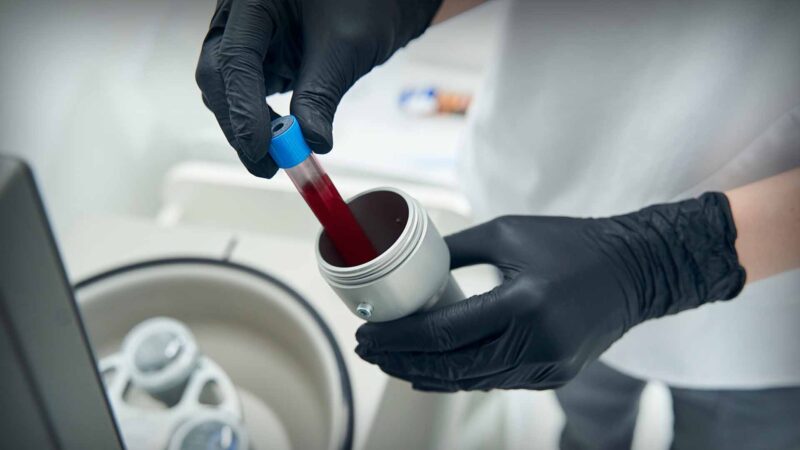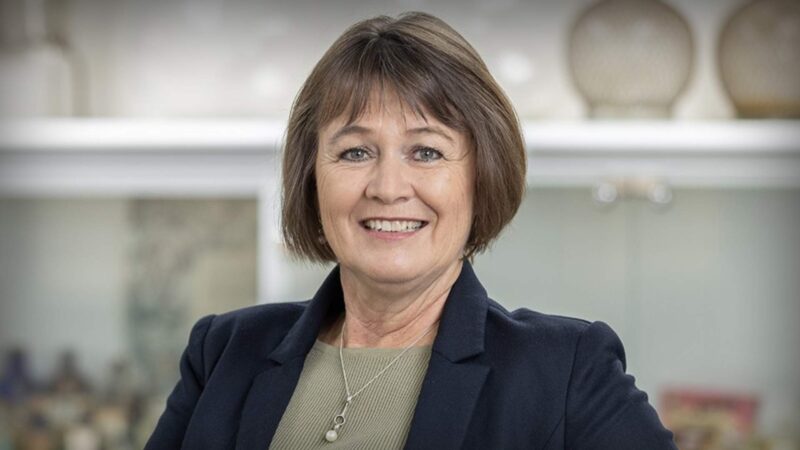In March 2022, the Australia government announced $350 million of funding over 4 years to employ on-site pharmacists in residential aged care, starting July 2023. In April 2023, the government made changes to the proposed on-site pharmacists, where the new program will now be delivered by and through community pharmacies. Regardless of how the model will be implemented, the goal remains the same – to improve quality use of medicines and medicines safety for aged care residents.
While it is relatively easy for pharmacists to monitor and manage some types of medicine harms (e.g., due to use of inappropriate medicines), many medicines can cause “milder” harms (e.g., poor balance, sedation) that are difficult to detect without the right tools. Left unmanaged, these “milder” harms can lead to serious adverse events such as injurious falls, according to Pharmacist Julian Soriano talking to Australian Health Journal.
In a joint project between UniSA, Tanunda Luteran Home, Flinders University and UNSW, a digital solution has been used to create an evidence-based, medicines use model to assist pharmacists (on-site aged care or community pharmacists) with actively monitoring medicine harms.
An interdisciplinary team at the University of South Australia (UniSA), University of New South Wales (UNSW) and Flinders University is currently implementing the TeleClinical Care (TCC) platform incorporating data from a suite of digital technologies to enable pharmacist at the Tanunda Lutheran Home (where Julian Soriano works) to actively monitor their aged care residents.
The ARIIA funded project is being conducted in two phases:
i) Phase 1 involves developing protocol to extract data from digital technologies (e.g. activity trackers, sleep tracking mats) into the TCC platform. The core of the existing TCC platform is a dashboard that includes longitudinal visualisations of changes in residents’ health and well-being over time. Other existing data sources collected in residential aged care will be uploaded to the dashboard, including medicine use (e.g. medicine changes, sedative load), clinical care record (e.g. bowel movement) and adverse events (e.g. falls, hospital admission).
ii) Phase 2 involves a pre-post implementation study over 12-weeks, with 30 residents recruited from the Tanunda Lutheran Home. The selected digital technologies will first be installed for all enrolled residents who provided written consent. Enrolled residents will also be asked to use an activity tracker. Prior to service provision, two weeks’ baseline data will be collected from the digital technologies; the data will serve as reference point for future changes. Pharmacists will monitor all participants using the centralised TCC dashboard.
As Soriano states, “A platform like this is going to make that job much more streamlined. And the use of sensors such as a sleep tracker and activity tracker is also going to help provide the pharmacist with more information to be able to make more informed decisions, more informed recommendations for residents, their families and their treating GPs.”
The current workforce challenges in aged care are not forgotten and Soriano expresses hope, that “this platform won’t increase the burden on residents and the staff there in terms of gathering this information. Hopefully this will be quite streamlined and automatic and there won’t be a real big service change for the already overworked nurses and residents living in aged care would just be able to live and not have to worry constantly about being poked and prodded.”
You Might also like
-
Practising to top scope of urology practice, advancing treatment & patient care through research
Michael is a urology nurse practitioner with a special interest in prostate cancer survivorship, and has worked in urology for the past ten years. Michael has completed the Prostate Nursing Care course at Latrobe University, Graduate Certificate of Health with a specialisation in Scheduled Medicines (USQ), and the Master of Nursing (Flinders) to become a Nurse Practitioner in 2024.
As a Urology Nurse Practitioner he divides his time between the Australian Prostate Centre and Western Urology.
-
Pathology technology at a crossroads
The CEO of Pathology Technology Australia, Dean Whiting spoke with Australian Health Journal about the following:
– Pathology Technology Australia’s key priorities in the coming years
– Current local capability in pathology technology compared to other countries
– How the health system supports change and adoption of pathology technology
– How pathology is perceived by the public and in government as well as how developments in pathology technology are followed and understood
– Observations in the Strengthening Medicare Taskforce ReportIn the lead up to the Australian Federal Budget in May 2023, Australian Health Journal reached out to peak health industry bodies to hear about their priorities, either noted in pre-budget submissions lodged with Federal Government in January 2023 or in recent forums such as the Strengthening Medicare Taskforce.
-
The quest to create an Australian framework for a Palliative Care Pharmacist
Helen Stone is the State and Territory Manager SA & NT for the Pharmaceutical Society Australia. Her professional interests include palliative care, pharmacist professional services, mental health, leadership, and management.
She has recently led teams of pharmacists in innovative pharmacy practice models including in aged care, GP practice, palliative care and dementia support. This has contributed to the body of evidence for sustainable funding for embedded pharmacist roles in primary care and aged care settings.



